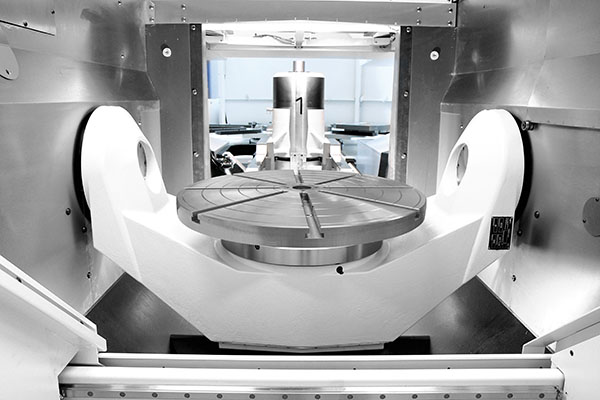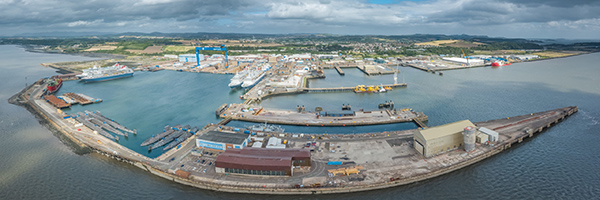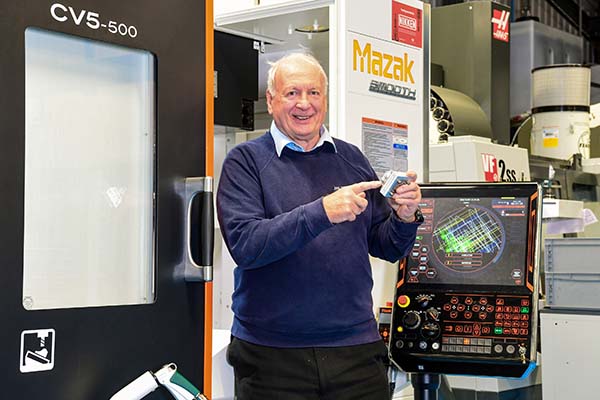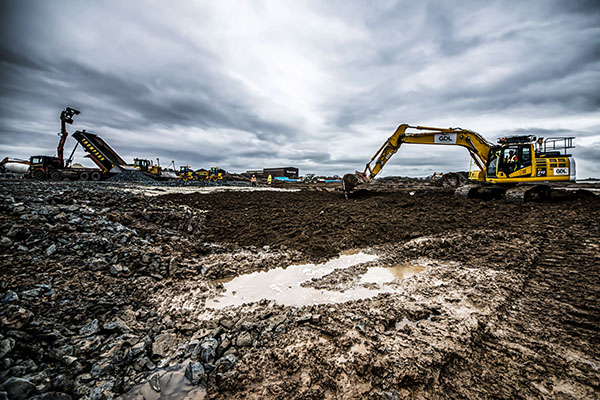
A Leicester-based precision engineering company has reaffirmed its commitment to high-quality, high-accuracy production by becoming one of the first to invest in Yamazaki Mazak’s new British-built CV5-500 simultaneous five-axis machining centre.
JWA Tooling (JWA) is a specialist provider of high-precision manufacturing solutions to some of the world’s largest blue-chip companies, with capabilities including precision CNC milling, turning and wire EDM. The company had previously invested in a Mazak VCN-530C vertical machining centre to meet customer demand for larger batch sizes. Since its installation in November 2019, the machine’s reliability and speed has proved vital to JWA’s day-to-day operations, freeing up its skilled workforce to take on more complex tasks.
To build on the success of its previous machine, JWA has invested in another VCN-530C, and purchased one of Mazak’s first five-axis CV5-500 machining centres. Conceived, designed and built in the UK, the CV5-500 offers high-rigidity bridge construction with a fully supported trunnion table that travels in the Y-axis direction under the bridge.
The CV5-500’s 12,000 rpm spindle is capable of a peak performance of 18.5 kW and 119.4 Nm, making it suitable for the wide range of materials with which JWA works. Its rapid traverse rate of 36 m/min in the X, Y and Z axes also allows for highly agile performance, and the machine can process workpieces up to 500 mm diameter by 320 mm high, and up to 200 kg in weight.
Peter Wood, operations director at JWA, says: “Frankly, it’s just a great machine – it’s well-built, and the best five-axis machining centre I’ve seen at that price point by far. We’ve certainly got high hopes for it going forward.”
For further information
www.mazakeu.com/cv5-500
























